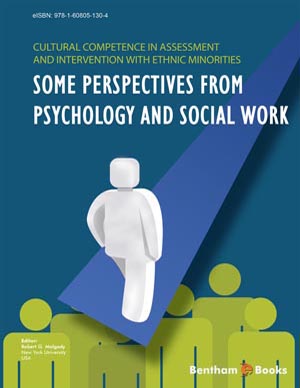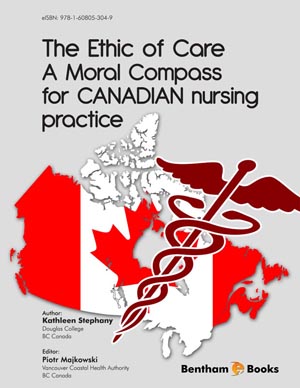Abstract
To date, progress has been made in attempting to provide culturally relevant treatment to individuals who are Asian. Cultural variations such as expressing symptoms somatically, mental illness carrying a stigma and shame, collectiveness stressed over the individual, as well as the lack of mental health providers have been consistently highlighted throughout the literature. This chapter begins with a discussion of those barriers as a starting point for moving forward with possible strategies to increase the competency of mental health care, stressing the importance of the intersectionality of culture and context as a guiding framework. Specific suggestions are then provided for incorporating culturally sensitive concepts into mental health assessment, diagnosis and treatment. A brief overview of some of the benefits and research findings of certain indigenous treatments -tai chi, qigong and acupuncture- are offered as a consideration for alternative treatments to mental health. Lastly, policy, practice and research implications are discussed. In this chapter, I use the term “Asian” consistently throughout to broadly encompass many groups of people, with the understanding that other authors and sources have used different terms, such as Asian American, Asian/Pacific Islander.







